Originally published on the HUB.
“What would Baltimore look like if there was more equity?” asked Diane Bell-McKoy, president of Associated Black Charities, at a Redlining Baltimore conversation series event on Wednesday.
For one, the city could see an additional $3.3 billion in revenue with an “economic renaissance” of African-Americans, Bell-McKoy’s foundation has projected. She said she believes that goal is possible.
Panelists, moderated by JHU Carey Business School professor Lindsay Thompson, focused on wealth and opportunity in Baltimore—and the barriers to economic inclusion resulting from decades of discriminatory public policies known collectively as redlining. The speakers used a variety of other figures to illustrate these barriers.
Rodney Foxworth, founder and CEO of Invested Impact, a philanthropic enterprise focused on economic inclusion, noted that the U.S. loses $300 billion a year by not investing in minority-owned businesses.
Elisabeth Sachs, executive director of the Job Opportunities Task Force, discussed various obstacles for job seekers, including criminal records. She cited a study by a Princeton researcher that found that people with a criminal record were 50 percent less likely to get a callback or offer from an employer—but also that a white applicant with a criminal background had a higher chance of hearing back than a black applicant without one.
Bell-McKoy also cited a Pew study showing that the majority of Americans believe hard work is the primary determinant of success. She challenged that belief as a “fantasy” that fails to acknowledge the systemic obstacles to mobility that many people of color face.
“We still insist upon believing what’s not true,” she said.




